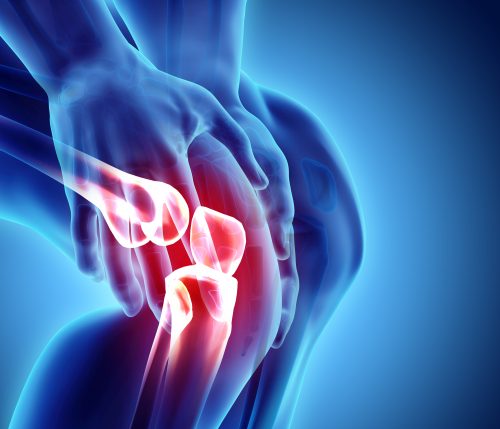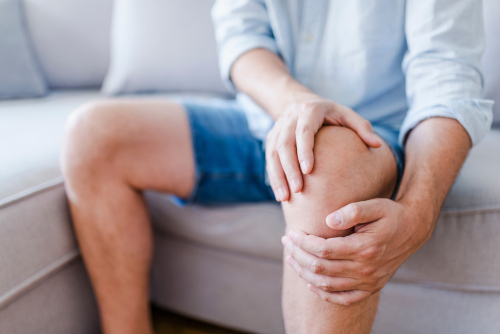
Destabilizing meniscal tears may indicate eventual accelerated knee osteoarthritis (KOA), researchers have discovered.
Using data from the first four years of the Osteoarthritis Initiative, sex-matched patients with one non-KOA knee at baseline were divided into three groups: accelerated knee osteoarthritis (AKOA), patients who developed a Kellgren‐Lawrence (KL) grade of 3 or greater; typical KOA, patients with increasing radiographic scoring; and no KOA, patients who maintained the same KL grade overtime. Each cohort had 125 patients. Patients were mostly female and overweight. The AKOA patients had greater incidence of older age, overweight, and arthritis compared to the typical KOA and no-KOA groups. Observatory data were gathered for two years before and after the index visit. MRIs were used to identify destabilizing meniscal tears, various pathology, and meniscal damage in at least two out of six regions, as well as to quantity bone marrow lesions (BMLs) and cartilage damage.
One year prior to the index visit, more than three-quarters of AKOA patients displayed meniscal damage in at least two regions (vs typical KOA: OR=3.19, 95%CI=1.70 to 5.97). At the time of the index visit, all AKOA patients presented with meniscal damage in two or more regions. More than two-fifths (42%) of AKOA patients had a destabilizing meniscal tear, compared to 14% of typical KOA patients. AKOA patients were also more likely to have larger BMLs and cartilage damage than the other two groups.
The study had several limitations, including its small sample size.
“Future research with a larger sample size of adults at risk for AKOA may help further refine our understanding of AKOA and help develop a clinically useful predictive model,” the researchers wrote.
Still, the results “add to the evidence that AKOA is different [from] the typically perceived archetype of slow-progressing osteoarthritis,” the study authors noted.
Knee Osteoarthritis Linked to Obesity
Losing Weight with Knee Osteoarthritis: More is Better
Despite Increase in Osteoarthritis, Knee Arthroscopy on the Decline in Adults
Sources: Rheumatology News, Arthritis & Rheumatology







 © 2025 Mashup Media, LLC, a Formedics Property. All Rights Reserved.
© 2025 Mashup Media, LLC, a Formedics Property. All Rights Reserved.